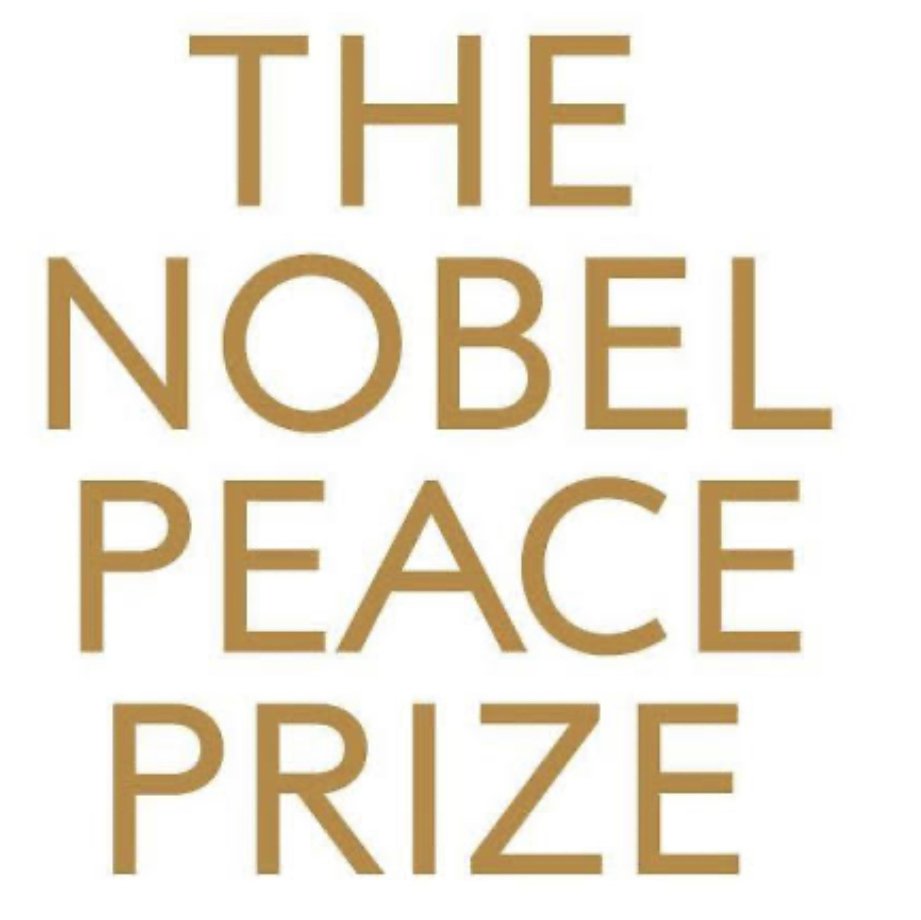
Reading Time: 2 minutes
Unknown Fact about Mahatma Gandhi: 5 times nominated for Nobel Peace Prize but not awarded. Why?
Mahatma Gandhi, the esteemed leader of India’s struggle for independence, was nominated for the Nobel Peace Prize five times – in 1937, 1938, 1939, 1947, and 1948.
However, the coveted prize eluded him each time. The Norwegian Nobel Committee, responsible for awarding the Peace Prize, expressed public regret for this omission, acknowledging Gandhi’s profound impact.
Yet, the committee never officially disclosed the reasons behind this decision.
Gandhi’s Early Life and Influence
Born as Mohandas Karamchand Gandhi in Porbandar, Gujarat, he belonged to a family deeply rooted in a form of Hinduism that embraced non-violence and religious tolerance.
His early experiences in South Africa, where he fought against racial discrimination, shaped his commitment to non-violence and civil disobedience.
Gandhi’s Nomination and Criticisms
The first nomination for Gandhi came in 1937, initiated by Ole Colbjørnsen, a member of the Norwegian Storting. However, the committee adviser, Jacob Worm-Müller, expressed reservations about Gandhi’s political consistency, describing him as both a freedom fighter and a dictator.
Critics argued that Gandhi’s non-violent campaigns had sometimes led to violence, challenging his status as a consistent pacifist.
The Complex Indian Independence Movement
The Indian independence movement, marked by conflicts with the British, questions about India’s role in World War II, and the Hindu-Muslim divide, presented complexities. Some committee members doubted Gandhi’s commitment to universal ideals, as his efforts were seen as primarily focused on Indian nationalism.
1947: The Challenge of Independence
In 1947, the year of India’s independence and partition, Gandhi’s nomination faced scrutiny.
The ongoing conflict between India and Pakistan raised concerns about awarding the Peace Prize amidst regional tensions. Gandhi’s own statement about the possibility of war with Pakistan further complicated the decision.
1948: Tragic End and Posthumous Consideration
Tragically, Gandhi was assassinated in January 1948, just before the Nobel Peace Prize nominations closed.
The committee received nominations for him, recognizing his profound influence on ethics and politics.
However, concerns arose about awarding the prize posthumously. Questions about the recipient of the prize money and Gandhi’s lack of formal organization led to the committee’s decision not to make an award in 1948.
Complex Legacy and Unanswered Questions
In retrospect, Gandhi’s exclusion from the Nobel laureates until 1960, when the prize became more globally inclusive, highlights the limited perspective of the committee.
The absence of a clear political role, humanitarian work, or participation in international peace congresses might have contributed to the committee’s hesitations.
The Norwegian Nobel Committee’s reluctance to award the Peace Prize to Gandhi remains a subject of historical intrigue.
Conclusion: Unknown Fact about Mahatma Gandhi:
The intricacies of Indian independence, regional conflicts, and Gandhi’s commitment to non-violence in a turbulent period presented challenges for a committee accustomed to a different paradigm of peace-building.
Gandhi’s place on the list of laureates was left conspicuously open, symbolizing the unfulfilled recognition of his monumental contributions to peace and non-violence.
